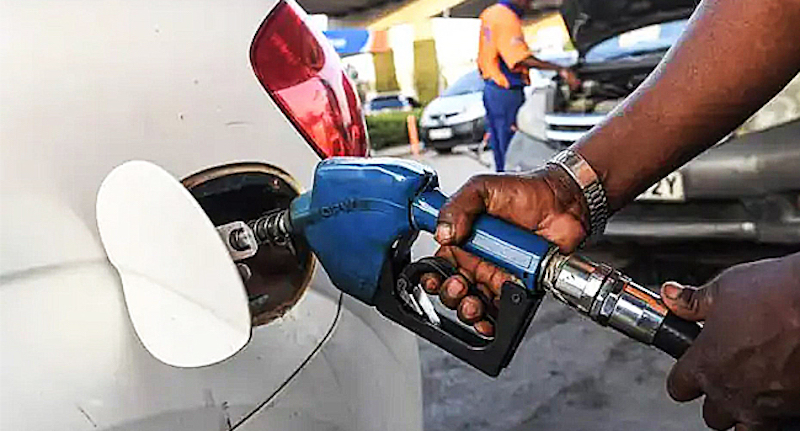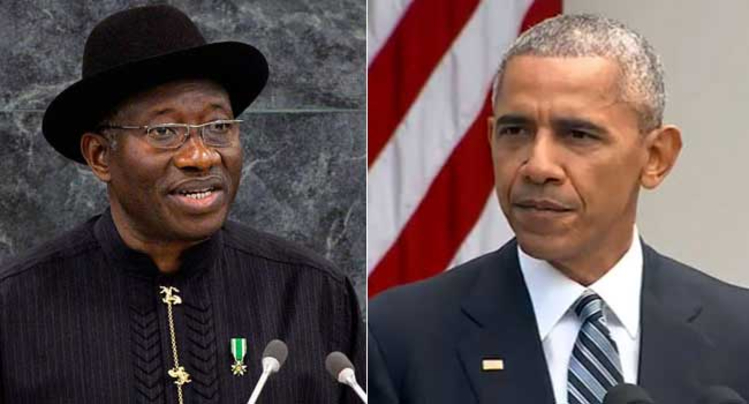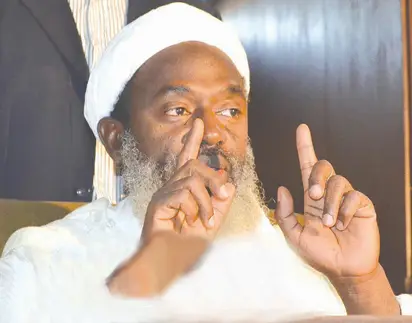The Tinubu administration has resumed subsidising petrol consumed in Nigeria because of the high cost of crude and the worsening exchange rate.
National President of the Petroleum and Natural Gas Senior Staff Association of Nigeria (PENGASSAN) Festus Osifo made this known in an interview on Channels TV on Friday night.
Osifo, who is also the president of the Trade Union Congress (TUC), emphatically said the government still pays subsidy for petrol.
“They [government] are paying subsidy today,” he said on Channels Television’s Politics Today on Friday.
“In reality today, there is subsidy because as of when the earlier price was determined, the price of crude in the international market was somewhere around $80 for a barrel. But today, it has moved to about $93/94 per barrel for Brent crude.
“So, because it has moved, then the price [of petroleum] also needed to move,” the PENGASSAN boss added.
President Bola Tinubu had in his inauguration declared that the subsidy era is gone, triggering a 300 percent hike in the cost of the commodity across the nation.
Following rising cost of crude and the depreciation of naira against the US dollar, the administration blocked a move to increase the pump price.
Osifo offered an advice to government on how to stop subsidising petrol consumption.
“The only reason the price will not move is when you are able to manage your exchange rate effectively and you are able to pump in supply and bring down the exchange rate,” Osifo maintained.
“So, if the exchange rate comes down today, we will not be paying subsidy. But with the exchange rate value and the price of crude oil in the international market, we have introduced subsidy.”
The fuel subsidy had been in place for decades and kept petrol prices artificially low in what was seen by many Nigerians as one of their benefits from the government.
However, the measure costs the country billions annually because although Nigeria is a major petroleum producer, it imports most of its fuel needs due to its lack of refineries.




